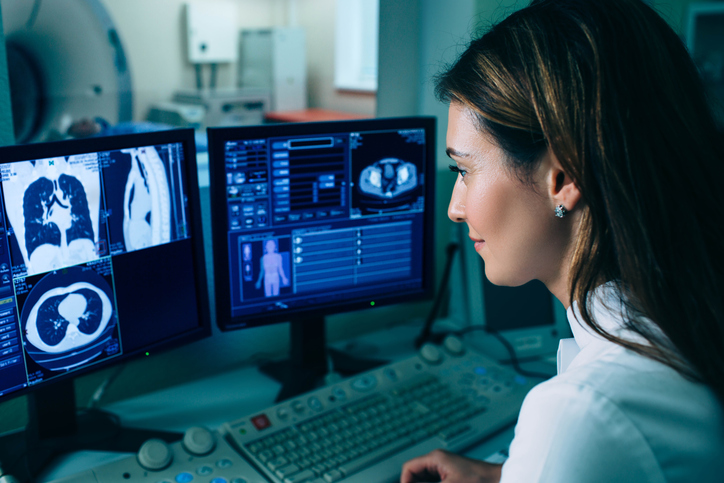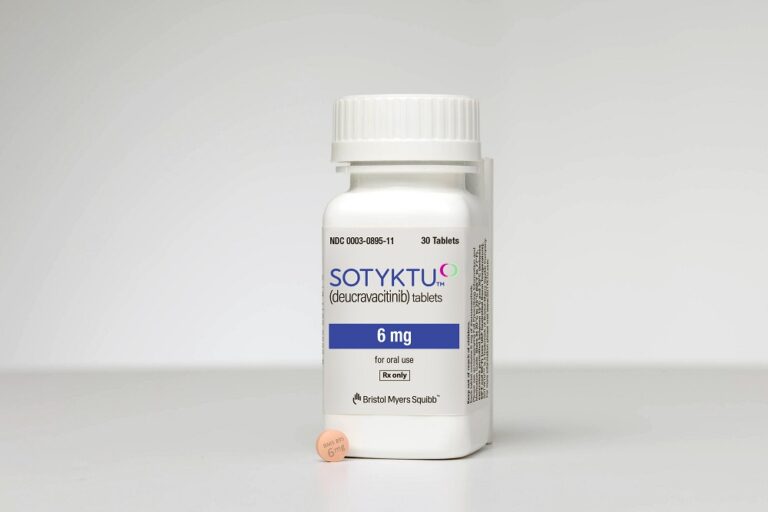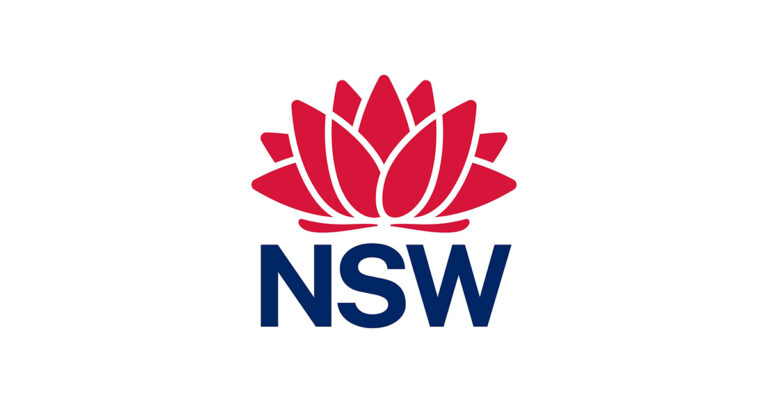
Israeli clinical AI startup Aidoc closed a $150 million funding round led by General Catalyst and Square Peg on Wednesday, bringing the company’s overall fundraising total to $370 million.
Four health systems — Hartford HealthCare, Mercy, Sutter Health and WellSpan Health — also participated in the investment round.
Aidoc, founded in 2016, seeks to simplify radiologists’ workflows through its AI-powered clinical decision support technology. CEO Elad Walach pointed out that hospitals, in particular emergency departments, are under pressure to manage high patient volumes, long wait times and delayed test results — as well as to make quick decisions with incomplete information.
All of these stressors are made worse by the fact that there is a growing radiologist shortage, he noted.
His company’s technology is designed to not only help radiologists quickly identify critical findings in medical scans, but also ensure those findings are acted on.
“By orchestrating the steps that follow a diagnosis — getting the right team involved, initiating care pathways, tracking progress — Aidoc improves patient flow, reduces delays, decreases leakage and helps hospitals deliver higher-quality care more efficiently,” Walach stated.
The startup’s platform continuously monitors incoming patient data, including imaging studies, lab results, vital signs and other EHR inputs. It fetches relevant data and uses AI to find and measure critical indicators for things like stroke, pulmonary embolism, lesions and fractures, he explained.
If Aidoc finds an indicator like this, it automatically alerts the care team and initiates processes for notifying specialists, Walach added.
The company’s AI model is on both imaging and clinical data. This creates a reasoning engine that acts as “a layer of intelligence that spans the entire clinical workflow” — from imaging to follow-up care and beyond, he remarked.
In his view, Aidoc stands out from other clinical AI companies in the radiology space due to the strength of its technology. The startup’s platform integrates imaging AI, EhR data, lab results, and real-time workflow orchestration, Walach noted.
“This systemwide architecture enables Aidoc to address the full care continuum, from radiology through acute intervention and inpatient management,” he said.
More than 150 health systems use the startup’s platform, including Mount Sinai, Yale New Haven Health, Temple Health and University of Miami Health System.
The return on investment for health systems is typically measured through faster time-to-treatment, shorter lengths of stay, increased throughput, leakage reduction and higher diagnostic yield.
Photo: Darunechka, Getty Images





